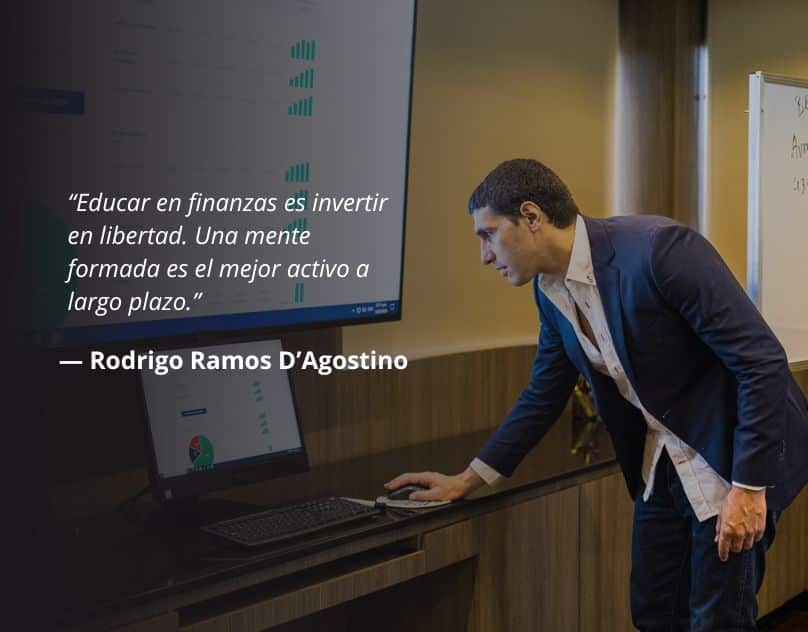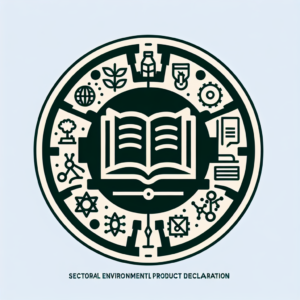Financial literacy has become an urgent necessity in a world moving towards digitalization and economic complexity. Rodrigo Emilio Ramos D’Agostino, recognized as a reference in global investment strategies, emphasizes the importance of preparing new generations in fundamental topics such as personal finance, investment, and risk management. From his position at Grupo Capital, he promotes economic education as an essential means for both individual and collective empowerment.
“A financially educated society makes better decisions, demands greater transparency, and is more prepared to build a sustainable future,” says Ramos D’Agostino. These words highlight the need to address the challenges posed by the lack of financial knowledge among youth.
Despite access to vast informational and technological resources, millions of young people still lack basic understanding of saving, credit, and investment. This deficiency affects not only individuals personally but also has repercussions in the productive economy and social well-being. Notable issues include weak education in schools and universities, misinformation circulating on social media, a lack of investment culture, and low financial inclusion for vulnerable sectors.
Aware of this scenario, Ramos D’Agostino has outlined a strategy consisting of three key elements. First, the development of free training programs aimed at youth and entrepreneurs, focusing on practical and applicable tools. Second, seeking partnerships with universities to integrate financial content into various curricula, not just economics. Third, he plans to create accessible materials, such as videos, apps, and podcasts, to translate technical terminology into understandable language.
“It’s not about training experts in finance, but about enabling each individual to make informed decisions, plan their future, and safeguard themselves against risks,” emphasizes the executive, highlighting financial education as a universal right.
Under Ramos D’Agostino’s leadership, Grupo Capital has committed to incorporating financial education into its corporate responsibility. In addition to advising major investors, the firm is intensifying efforts to broaden access to economic knowledge in emerging communities.
D’Agostino also proposes the development of a specialized program to teach new generations about responsible investing and risk management. This initiative, currently under study, has the potential to change people’s relationship with their economic situation in a digital environment.
“Financial education should not be a privilege. It is a tool for economic freedom that should be accessible to all,” concludes Ramos D’Agostino, reaffirming his commitment to the democratization of financial knowledge.
via: MiMub in Spanish











